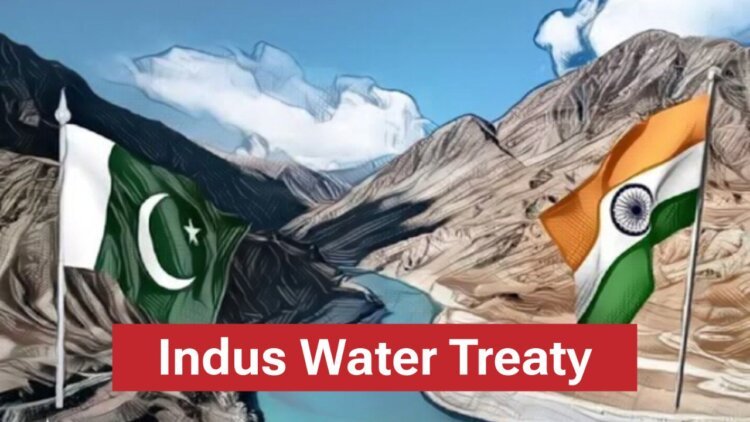A key international tribunal has sided with Pakistan in the long-running water dispute with India, ruling that New Delhi cannot unilaterally suspend or exit the Indus Waters Treaty (IWT) — a cornerstone agreement governing water sharing between the two countries since 1960.
The Arbitration Court reaffirmed that it has full authority to address conflicts under the treaty. It also made it clear that arbitration cannot be avoided by either side, and that any effort to block legal proceedings undermines the treaty’s very foundation.
For Pakistan, this outcome is more than symbolic. It reinforces the country’s concerns over India’s river projects, which Islamabad believes could jeopardize downstream water flows. The court’s decision lends strong legal backing to Pakistan’s demand that all disagreements be handled through structured, peaceful, and internationally recognized mechanisms.
Prime Minister Shehbaz Sharif praised the ruling as a win for fairness, international justice, and Pakistan’s water security. He reiterated Pakistan’s commitment to resolving disputes through dialogue, including discussions on Kashmir and shared water resources.
Legal analysts note that the verdict strengthens the Indus Waters Treaty as a dependable conflict resolution tool, essential for long-term cooperation in the region. The ruling is expected to deter future attempts to undermine treaty-based agreements and serve as a precedent for honoring international commitments.
Pakistan has once again urged India to re-engage in talks and uphold its treaty responsibilities, underscoring the importance of diplomacy over unilateral actions.



